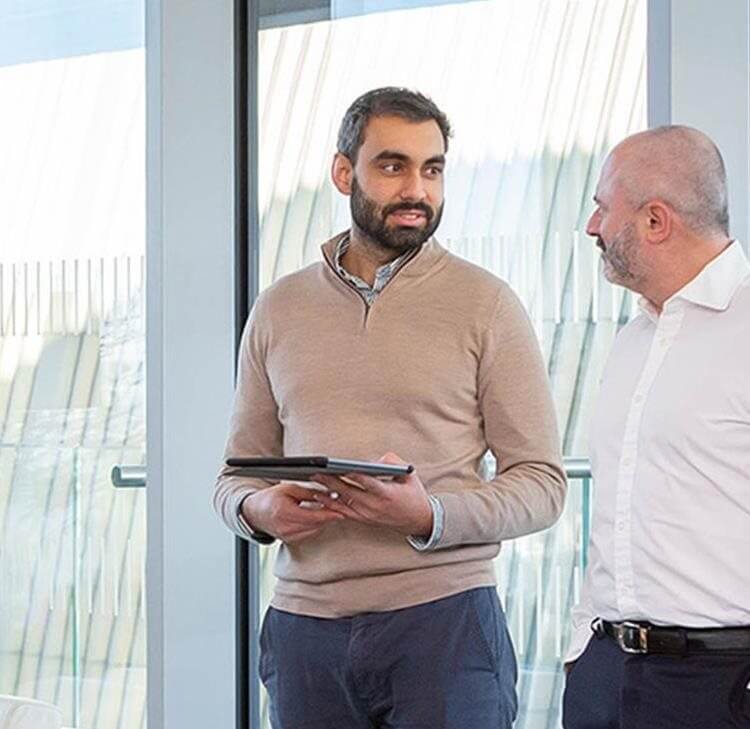Early market engagement (EME) can be considered an essential aspect of an organisation’s procurement planning process. At the end of last month, the Crown Commercial Service issued guidance on how an organisation can successfully carry out early market engagement and so in this article we seek to summarise the key areas detailed in the guidance.
What is early market engagement and why is it needed?
EME is conducted prior to procurement and provides an opportunity for an organisation to engage with the collective market to understand whether potential suppliers have the capability and capacity to provide the goods and services it requires before it makes any purchases.
EME is recommended because it has a mutual benefit for the organisation looking to carry out a procurement and the wider market in general. It is regarded as best practice and will be beneficial for any type of contract that an organisation wishes to procure, regardless of value or complexity.
EME allows organisations looking to procure goods and/or services to:
- ask important questions to potential suppliers – this allows organisation’s to refine its requirements and create clearer specifications
- openly discuss the problems it is facing, to help identify solutions, or even give the market an opportunity to develop solutions to solve the problem(s)
- gain a better understanding of what the market can supply i.e. products, staff etc, any contractual constraints and whether the budget, resourcing and timescales are achievable and
- raise awareness of the potential procurement, which in turn could encourage competition and increase the number of potential bidders.
For the market i.e. prospective suppliers, EME allows them to:
- prepare to supply to an organisation’s requirements
- prepare resources to respond to an organisation’s market engagement and
- influence and shape the market in order to better meet the organisation’s requirements. Notice of procurement allows time for suppliers to potentially develop new or modify current offerings.
How to engage with suppliers?
Before commencing a procurement procedure, you will need to ensure you’re compliant with the Public Contracts Regulations 2015 (PCR 2015). This applies to preliminary market consultations, which are specifically referenced in Regulation 40 of the PCR 2015) and state:
“advice may be used in the planning and conduct of the procurement procedure, provided that it does not have the effect of distorting competition and does not result in a violation of the principles of non-discrimination and transparency”.
This means that all EME conducted should be open, transparent, and fair to all suppliers and no competitive advantage should be handed to a potential supplier because of any preliminary consultation.
It is important that you keep a detailed record of all conversations taken as part of EME and any relevant information is shared in the specification/requirements of the procurement. You must also ensure that you take appropriate measures to maintain intellectual property and commercial confidentiality towards all suppliers to encourage participation and ensure fairness.
There is no rule on the number of suppliers an organisation can consult with, and it is recommended to liaise with a broad range of suppliers which represent the collective market at large. You should however ensure that the number of suppliers you aim to engage with is proportionate to the value and level of complexity of the proposed procurement process.
For example, a simple internet search may be sufficient for low value purchases or engaging with previously approved suppliers, whereas high value and/or complex purchases would require a detailed and more thorough EME to ensure the needs of the organisation are met.
How to carry out EME and gather the necessary information?
It is the decision of the organisation looking to buy goods and/or services to determine how it will run the EME prior to the procurement and its scale will depend on the complexity and value of the procurement.
However, EME will be most effective where the market is provided with as much information regarding the potential procurement as possible. The following is the type of information that an organisation would be expected to provide to suppliers as part of its EME:
- the organisation’s name, department, background and details of the project subject to procurement
- what the organisation would like to achieve from the procurement
- the phases/aspects of the potential procurement that the organisation would like feedback on
- information the organisation would like the suppliers to provide and the deadline to respond by, and
- an indication of timescales, duration and location for the potential procurement.
Contracting authorities can use various methods to engage with the market, including:
- face-to-face meetings with suppliers
- questionnaires and/or surveys, and
- supplier conferences, workshops and/or webinars
Post- EME procurement process
On completion of EME, an organisation should review and use all information and feedback received from suppliers to refine its requirements and specification for the procurement that will follow.
However, the use of such information/feedback should not hinder or discriminate against certain suppliers or favour particular suppliers, as this would be in breach of the PCR 2015.
Throughout EME and upon reaching its conclusion, all procuring officers should maintain the principles of honesty, transparency and confidentiality and where appropriate engage with suppliers to help increase interest in the procurement that is to follow.
EME is therefore crucial to the planning process of a procurement and will ensure that an organisation attains the best value for the goods, works or services it wishes to procure.










































